Space Gulf can provide total power solutions to the Telecom, Oil, Gas and Manufacturing sectors of K.S.A. and throughout the region. We have an expert team with over 45 years of combined experience and knowledge in design, integration, installation and maintenance services. Our mission is to provide reliable and professional services with engineered solutions tailored to our client’s specific requirements. The reliability of the power source plays an essential role in any system’s overall performance and availability. We have earned a good reputation by providing quality equipment and excellent after-sales support to our customers.
Power Generation Conventional
- We cover domestic and Industrial gensets ranging from 2 – 2200 KVA
- Auto Transfer Switches
- Genset outdoor enclosures
- Weather-proof enclosures with sound attenuation
- Power trailers and containers
- Hybrid Power Solutions
- Rental Generator
- Dual Generator

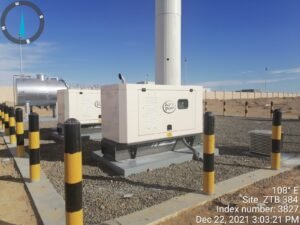
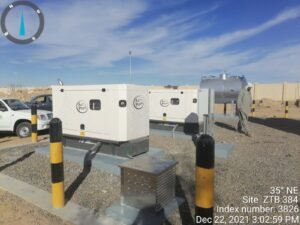
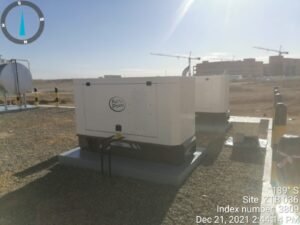


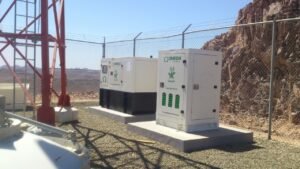
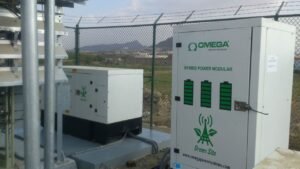
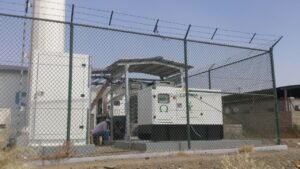
Powering the Future: The Ultimate Guide to Biofuel Generators
Introduction:
In a world increasingly conscious of environmental sustainability, the search for cleaner and more renewable energy sources has become paramount. Biofuel generators have emerged as a promising solution, offering a green alternative to traditional fossil fuels. In this comprehensive guide, we’ll delve into the fascinating world of biofuel generators, exploring their benefits, types, and how they contribute to a more sustainable future.
Chapter 1: Understanding Biofuel Generators
What is Biofuel?
To comprehend biofuel generators, we first need to understand biofuels. Biofuels are derived from organic materials, such as plants, agricultural crops, or even waste. Unlike fossil fuels, biofuels are considered renewable because they can be produced on an ongoing basis.
How Biofuel Generators Work
Biofuel generators convert biofuels into electrical energy through a combustion or chemical process. The most common types of biofuels used in generators include biodiesel, ethanol, and biogas. This chapter will break down the mechanics of biofuel generators and explain how they harness the power of biofuels to produce electricity.
Chapter 2: The Environmental Impact
Carbon Footprint Comparison
One of the primary advantages of biofuel generators is their significantly lower carbon footprint compared to traditional fossil fuel generators. We’ll explore the environmental benefits of using biofuels, including reduced greenhouse gas emissions and the potential to mitigate climate change.
Waste Reduction
Biofuel generators can also play a role in waste reduction by utilizing organic materials that might otherwise end up in landfills. We’ll discuss how biofuel generators contribute to a more circular economy by converting waste into valuable energy.
Chapter 3: Types of Biofuel Generators
Biodiesel Generators
Delve into the specifics of biodiesel generators, exploring their efficiency, compatibility with existing diesel generators, and the process of producing biodiesel from renewable resources.
Ethanol Generators
Learn about the use of ethanol in generators, its advantages, and potential challenges. This section will also address the compatibility of ethanol generators with various applications.
Biogas Generators
Explore the world of biogas generators, highlighting their ability to produce energy from organic waste, such as agricultural residues and wastewater. Discover how biogas generators contribute to sustainable farming practices.
Chapter 4: Applications of Biofuel Generators
Residential Use
Discuss the feasibility of integrating biofuel generators into residential settings, providing a clean and reliable source of power for homes.
Commercial and Industrial Applications
Examine how biofuel generators are making waves in the business world, powering industries while aligning with corporate sustainability goals.
Chapter 5: Challenges and Future Outlook
Overcoming Obstacles
Acknowledge the challenges facing biofuel generators, such as scalability, competition with traditional fuels, and public awareness. Explore ongoing research and innovations aimed at overcoming these hurdles.
The Road Ahead
Conclude with a look into the future of biofuel generators, considering potential advancements, policy changes, and the role they might play in the global transition to sustainable energy.

